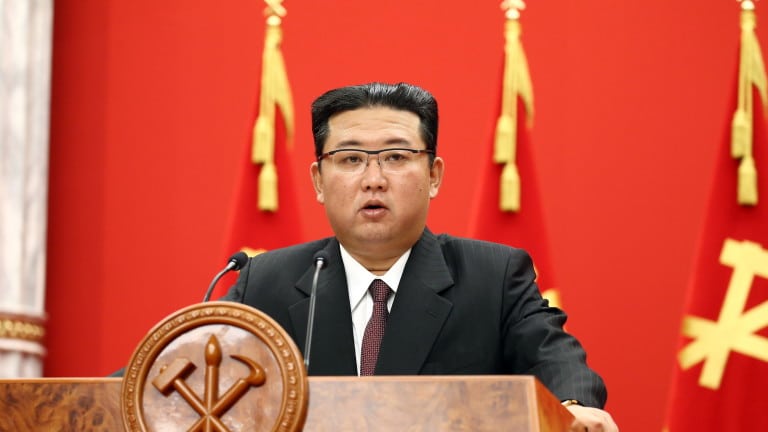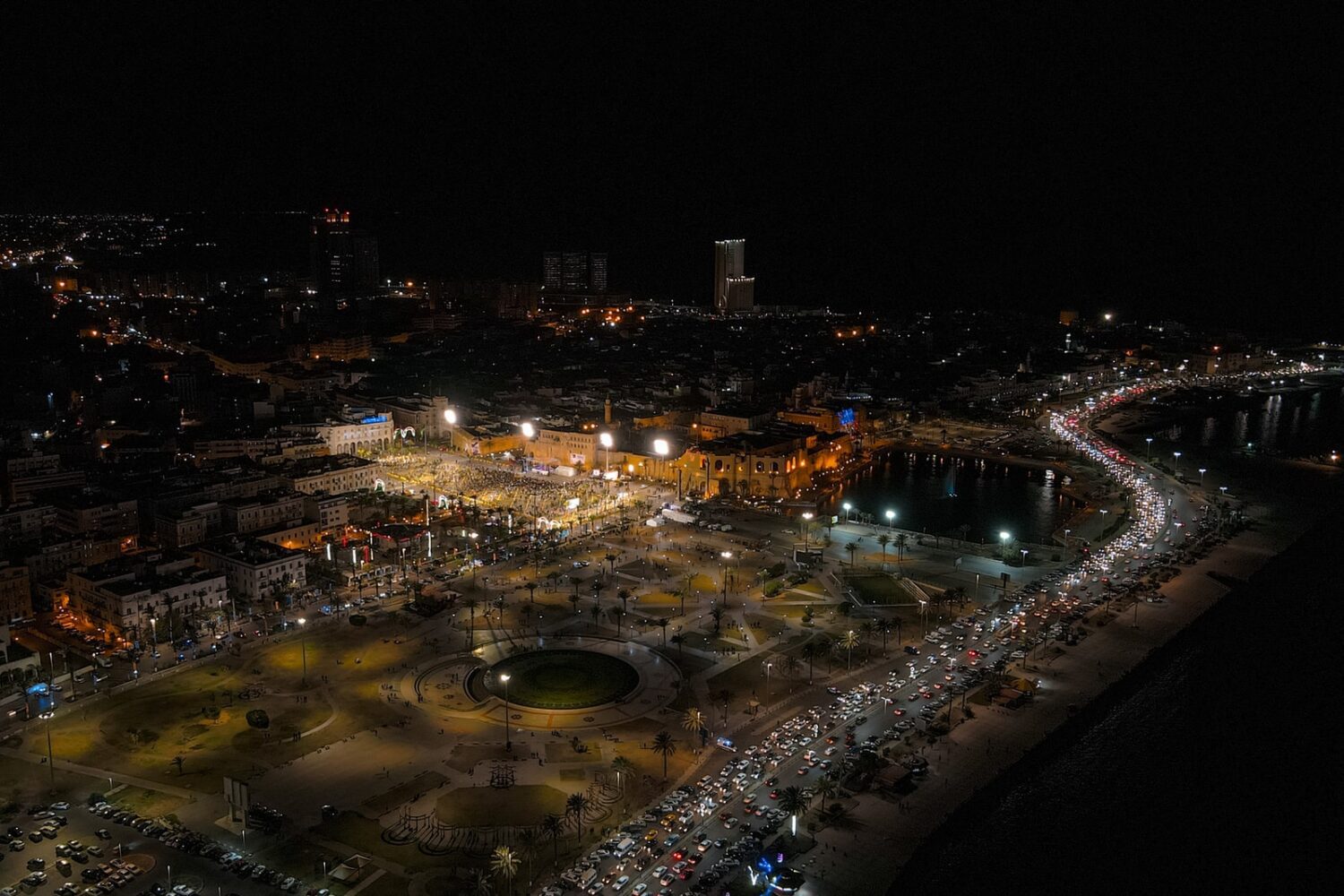Sadova was among the first places in Romania to see people return from COVID-19 stricken Italy in February 2020.
The community initiated response mechanisms quickly, with a coordination team comprising trusted and respected figures, including family doctors, community health nurses, priests, teachers and the mayor. The team, called the Local Emergency Committee, drew upon WHO recommendations and national guidelines to coordinate the community’s medical response.
The committee provided, among other things, immediate training for teachers and students on COVID-19, on how to recognize symptoms and how to avoid infection or further transmission.
“There was excellent collaboration with Sadova City Hall,” explains Dr Gindrovel Dumitra, a local family doctor and vice-president of the Romanian National Society of Family Medicine, who also became a member of the Local Emergency Committee.
“Sadova City Hall provided us with financial and organizational resources, such as support staff, including community nurses and social assistance workers who really made it all happen,” says Dr Dumitra. “Unfortunately, Sadova does not have a Roma health mediator, although there is great need for one.”
The importance of explaining why
Out of Sadova’s population of 8500, it is estimated that 1500–2000 people work abroad.
“Many seasonal workers work on agricultural farms in Italy, Spain, France, Belgium and Germany,” observes Dr Dumitra. “One of the challenges turned out to be isolating people coming home from risk zones abroad – many did not have symptoms.”
Here, the doctor’s personal relationship with locals in Sadova turned out to be very important. He describes speaking to them either over the phone or at a safe distance on their doorsteps.
“It was very important for people to really understand the reasons for isolation and quarantine, without creating a feeling of guilt and avoiding stigmatization,” he notes. “As people understood how the virus is transmitted, and how they could best protect themselves and their families, we managed to build trust and increase their compliance with recommended measures.”
Farmers’ market reaches out to community
Sadova’s farmers’ market enjoys a long tradition in the region, but was closed at the beginning of March due to COVID-19, following a consensus decision by the Local Emergency Committee.
However, much to the joy of the local population, the farmers’ market reopened 10 days before Orthodox Easter, following a thorough risk assessment. It adhered to WHO recommendations on hygiene, maintaining distance between visitors and limiting access to avoid virus transmission.
“We made the decision to close and then reopen the market in Sadova, but only under certain safety conditions, according to WHO recommendations and in line with national regulations,” explains Dr Dumitra.
Locals were again able to visit the market for its much-valued local produce, ranging from vegetables and fruits to meat and dairy. While doing their shopping, they were handed information about personal protective measures, the importance of physical distancing, and hygiene recommendations developed by WHO. Sadova City Hall also purchased face masks and produced leaflets, which were distributed at the market by support teams.
“The collaboration with the City Hall was above expectations. Even at the beginning, when preparedness measures could have seemed excessive as we had not yet had a single case. However, local leaders and institutions trusted us doctors, they trusted WHO and they followed our recommendations from the start,” emphasizes Dr Dumitra. “Facing this pandemic has been an incredible challenge,” he adds, “but we have faced it together and it is also together that we will face the next challenge: ensuring that children receive proper education in safe settings.”














